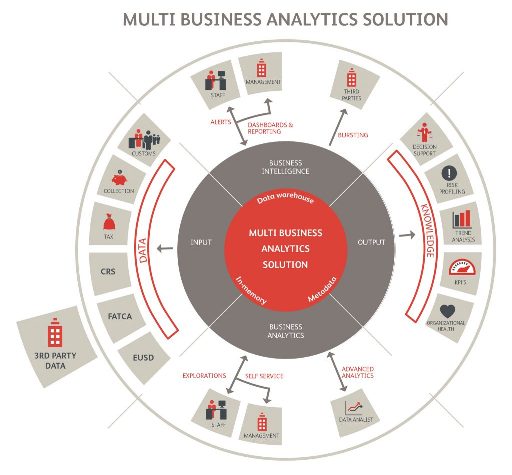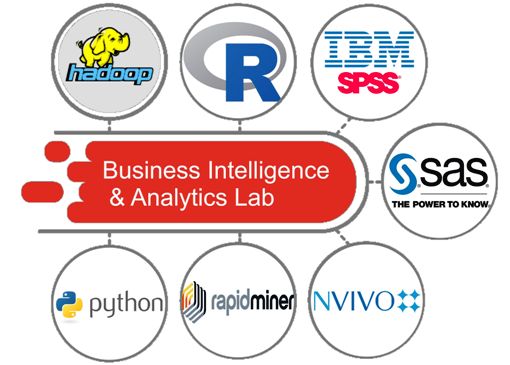



Founded in 2018 by Prof. Dr A. Rai who has worked in some of the leading corporate as Business Consultants and with esteemed Academicians that works in Business Intelligence & Analytics Lab provides training in the field of analytics and Big Data.
Being an Academician Prof. Dr. Rai knows the beginner's nerves and the need of business world due to which BIAL has a unique method to deliver the best-designed course content BIAL Consult & hires subject matter experts from the industry as well as Academician to build out a curriculum which is most relevant to a specific role in the industry. Such as the flagship course offered by BIAL on Quantitative Data Analysis in Finance & Liquidity Transcript, Hybrid Marketing Intelligence (Combining Qualitative & Quantitative Marketing Analytics )Data Science with R / SAS / Python /Radidminer/IBM SPSS was designed by a Faculty & Alumnus of IITs who was working with world’s foremost Industries & Corporate. This model ensures the course content meets the career objectives of not only aspiring students but also aspiring professionals at various stages of their careers. The course content is in-depth and comprehensive in nature enabling a trainee to be industry-ready for a particular role.
If it’s all just semantics, why does this matter? Well, for one reason: at some point, you need to figure out which technologies, tools, and approaches you should invest in to get the insights you need. We could argue over which definition of BA and BI are most accurate until the cows come home, but the real problem here is that different people use them to mean wildly different things. That means it’s not terribly helpful to frame your purchasing decision as business analytics vs business intelligence. It’s more important to find out what’s really going on under the hood than to get hung up on whether a vendor bills their product as BA or BI. Focus on what you need the system to do, and who will use it. How detailed do you need your insights to be? How tech-savvy are the people that need to run queries the most? How much control and visibility do you need over the process and the source data itself? Are you more interested in understanding how you got here or getting an idea of where you’ll go next? Ultimately, these questions will help you establish the level of self-service you need, and whether your data requirements are geared more towards descriptive or predictive analytics, leading your business in the right direction – regardless of the terminology behind the tool.

Machine Learning with R - studio & Python. Machine learning is a branch in computer science that studies the design of algorithms that can learn. Typical tasks are concept learning, function learning or “predictive modelling”, clustering and finding predictive patterns. Machine learning is an application of artificial intelligence (AI) that provides systems with the ability to automatically learn and improve from experience without being explicitly programmed. Machine learning focuses on the development of computer programs that can access data and use it learn for themselves.
The IBM SPSS® software platform offers advanced statistical analysis, a vast library of machine-learning algorithms, text analysis, open-source extensibility, integration with big data and seamless deployment into applications. Its ease of use, flexibility and scalability make IBM SPSS accessible to users with all skill levels and outfits projects of all sizes and complexity.
SAS (Statistical Analytical software) stands for the Statistical Analysis System a software system for data analysis and report writing. SAS is a group of computer programs that work together to store data values and retrieve them, modify data, compute simple and complex statistical - analysis and create reports.